MAPPING ESTABLISHMENT DISAFFECTION
These elections are marked by a surprising number of potential opposition candidates who are former public sector scholarship holders and officers of the government’s elite administrative service. They include confirmed opposition members Tan Jee Say, Benjamin Pwee, Tony Tan and Hazel Poa (H).
These moves draw attention to the fact that one of the biggest threats to PAP dominance – and the main political challenge facing the 4G leaders – is internal: the possible disintegration of the tight cohesion that has characterised Singapore’s establishment. What we’ve witnessed so far certainly doesn’t amount to that. The danger for the PAP lies instead in higher-level officials either challenging the CEC for control of the party (like PAP leftists did in the 1950s) or defecting to the opposition (like the Barisan Sosialis).
In the 1980s, former solicitor general Francis Seow (I) went all the way. The highest-level defector in post-independence Singapore was former president Devan Nair (F), but he did not attempt to lead any organised challenge. Former NTUC Income chief Tan Kin Lian (G) has also challenged the government verbally but without campaigning head-on against the PAP.
In recent times, high-level establishment figures who’ve expressed contrary views have respected existing lines of authority. Prominent examples include Ong Teng Cheong (A), who as president held a press conference to complain against the government’s treatment of his office; Cabinet minister Lim Boon Heng (B), who showed his sorrow over the decision to allow casinos; and former party chairman Toh Chin Chye (E), who was openly critical of the government from the backbenches.
Former mandarin Ngiam Tong Dow (C) has criticised the lack of original thinking in government; while ambassador-at-large Tommy Koh (D) has consistently shown moral courage by speaking up for disability rights, the arts and other issues that are within the government’s peripheral vision at best. While such public interventions by its own loyalists may annoy the government, they may be what’s needed to show others that the Establishment really is a “broad church” – persuading those with firm and independent convictions that they can change the system from within, thus moderating the temptation to defect.
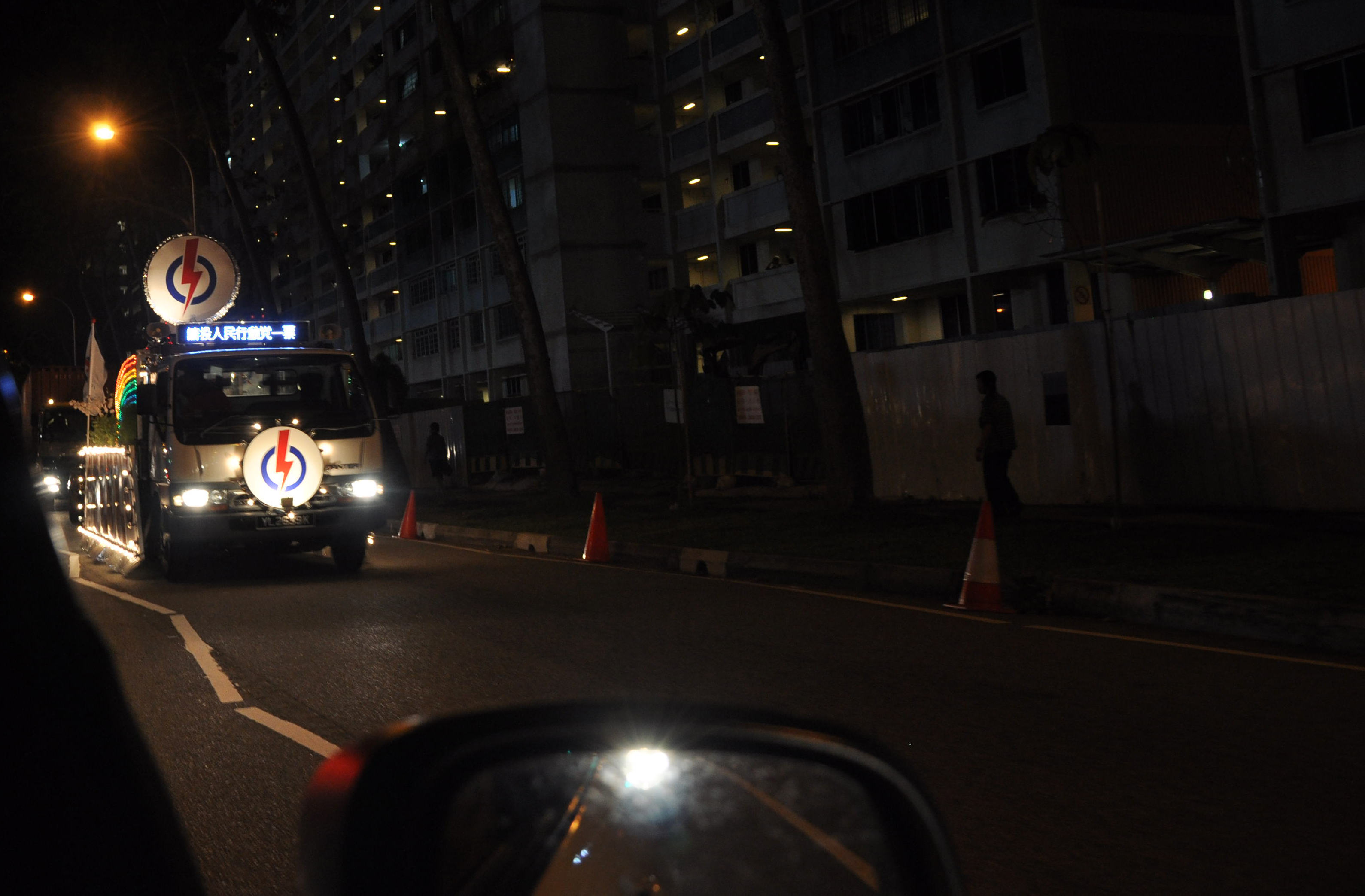
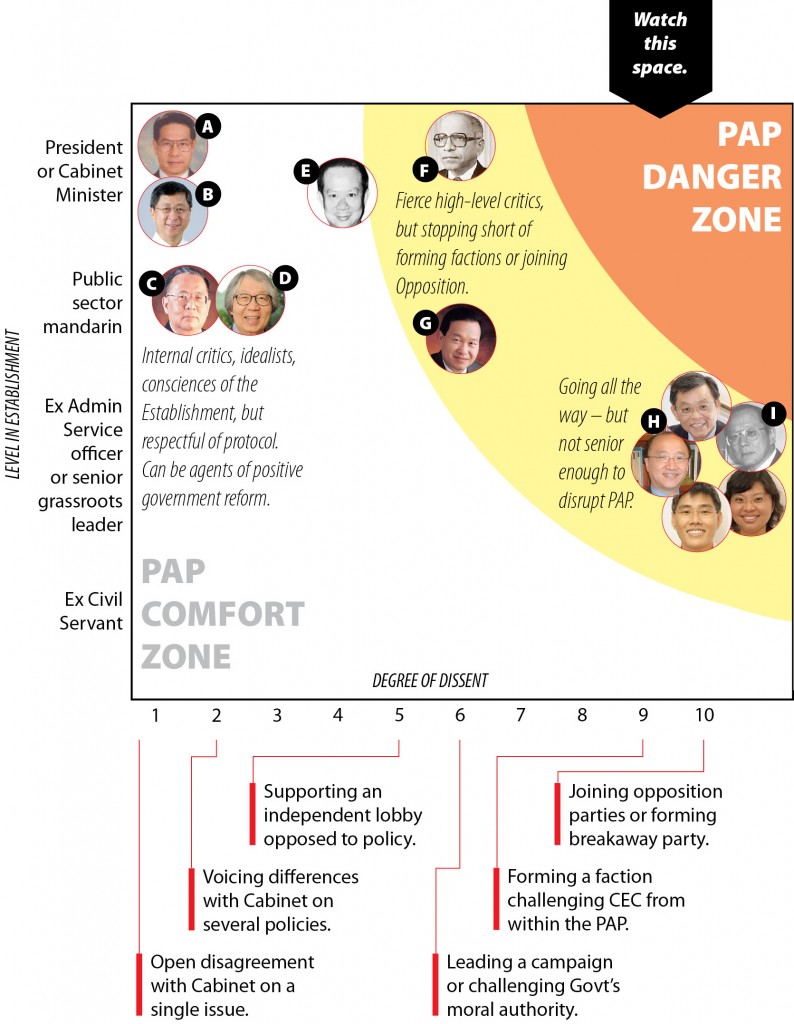
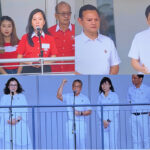

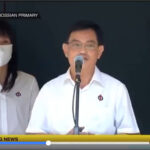

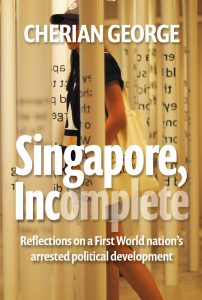
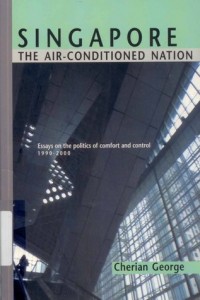
Comments are closed.